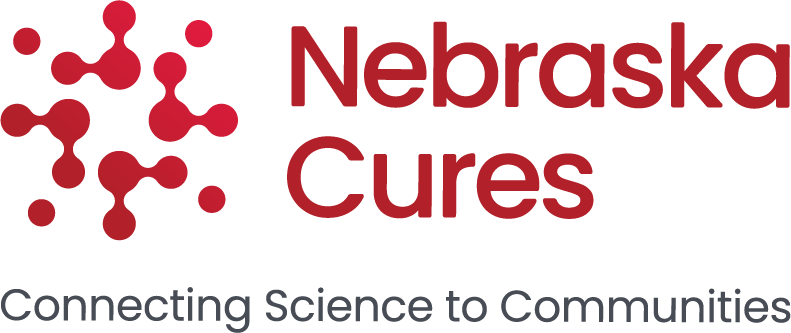COVID-19 Infection & Mesenchymal Stem/Stromal Cell (MSC) Therapy
Currently, everyone is very focused on the coronavirus pandemic that is overrunning the world. That concern and apprehension is not misplaced. Among the major issues regarding COVID-19 infections is how they can be treated effectively. Currently, there are no specific antiviral treatments for the COVID-19 infection though many are under investigation. Recent studies have shown that the use of hydroxychloroquine is not effective and may be harmful. At least 20 different vaccines are in development but may take another 12-24 months to be fully tested and available. A couple of established antivirals used for other diseases have shown some early successful applications but the results are not yet fully in hand. Convalescent plasma is showing some very positive effects but many questions remain (plasma variability, appropriate time to apply, screening issues, etc.). Among other approaches are those that include the intravenous injection of mesenchymal stem/stromal cells (MSC) either from cell lines or freshly prepared. Why would that approach be taken?
One of the proposed occasional occurrences in very ill COVID-19 patients is the problematic appearance of “cytokine storms“. In this situation, the subject’s own immune system becomes hyperactive to the virus and produces an abundance of cell products (cytokines and other factors) from various cells of the immune system. Normal levels of these products are important in an immune response to rid the body of whatever infectious agent is present but when there is an unregulated overproduction, it causes rapid and dangerous toxic effects. These cytokine storms can be lethal and very hard to bring under control, particularly when the target of the cytokines appears to be the lungs.
Some established drugs used in other diseases have been shown to be somewhat effective in controlling or at least damping these storms of cytokines in COVID-19 patients. Most of these drugs act on the Interlukin-6 (IL-6) receptor. IL-6 is a major excess cytokine in these patients and interfering with the normal cell receptor for IL-6 can block the adverse effects of excess IL-6. Another proposed approach to modulating excess cytokine production is to introduce more cells that normally regulate some aspects of the immune system. These cells appear to be present in MSC preparations, available from umbilical cord blood cells or other MSC cell lines (permanent lab grown cells from various adult sources). Indeed, these same types of cells have been studied in graft-versus-host disease in transplant patients. Furthermore, the Food and Drug Administration (FDA) has approved the compassionate use of MSC in the most severe cases of COVOD-19. Additionally, several early reports of MSC therapy in COVID-19 patients have shown positive outcomes.
It needs to be clear that these MSC preparations probably are not acting because of any “stem cell” characteristics but much more likely because they contain abundant “stromal” cells (supportive cells that are abundant in all tissues) that are known to have potent immunomodulatory capabilities. Such cell products are also thought to contain cellular products derived from the stromal cells that also can have direct impact on the immune system. Careful clinical trials are proposed or underway to help sort out the effectiveness of MSC in therapy of COVBID-19. Like all careful, controlled research, the application of MSC and the many other approaches to therapy of COVID-19 will take some time to fully provide effective and safe therapy.
